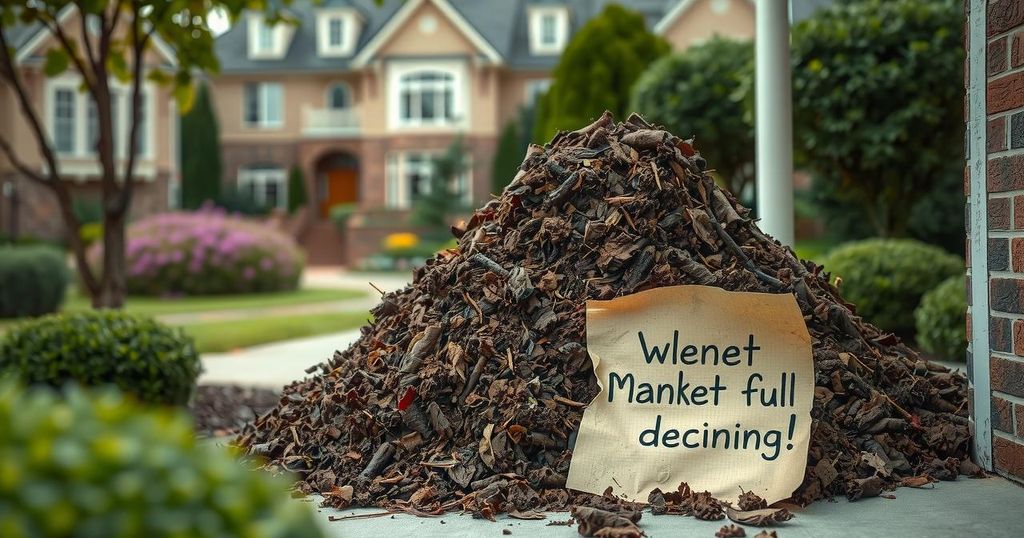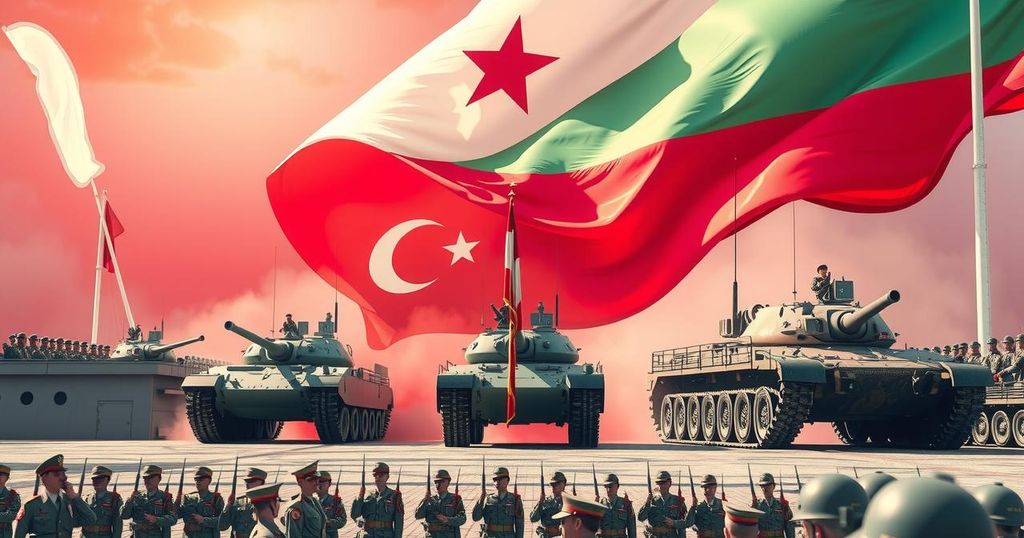CSO Coalition Advocates for Reinstatement of Diaspora Voting Clause 14
The Coalition of Civil Society Organizations demands the reinstatement of Clause 14 to ensure Gambians abroad can exercise their voting rights. They argue that removing this clause disenfranchises citizens, contradicts constitutional provisions, and undermines democracy. Key leaders highlight the need for legislative action ahead of the 2026 elections to correct this oversight.
The Coalition of Civil Society Organizations (CSOs) is advocating for the reinstatement of Clause 14 of the Elections Bill, which is vital for Gambians residing abroad to exercise their constitutional voting rights. Marr Nyang, CEO of Gambia Participates (GP), reiterated that Clause 14 aligns with the 1997 Constitution, ensuring all Gambians aged 18 and older can vote, as supported by the 2021 Supreme Court ruling in Bakary Bunja Dabo & Others vs. Attorney General & Independent Electoral Commission.
Nyang elaborated on several reasons for restoring Clause 14:
1. Constitutional Alignment: Clause 14 is consistent with Section 39 of the Constitution and the Supreme Court ruling, reinforcing voting rights across the board, including for citizens abroad.
2. Preventing Disenfranchisement: The omission of Clause 14 disenfranchises expatriate Gambians, who make significant economic contributions, setting a troubling precedent for electoral rights.
3. Feasibility: Diaspora voting is logistically and legally achievable, as demonstrated by practices in other countries, and does not require separate constituencies.
4. Democratic Principles: Excluding diaspora voters undermines democratic values and human rights.
Nyang urged the National Assembly and the government to reinstate Clause 14 before the 2026 presidential elections, emphasizing that its removal violates the constitutional rights of overseas Gambians. He called for necessary adjustments to honor the contributions of diaspora citizens while upholding electoral democracy.
Salieu Tall, the chairperson of GP, added that Section 88 cited by some National Assembly Members does not contradict the constitution in relation to the removal of Clause 14. He argued that diaspora members do not need separate constituencies for registration as voting is based on birthplace and residence.
Tall stated, “Our position is that the diaspora does not need to be registered as a separate constituency because registration is based on where one is born or resides.” He clarified that a Gambian residing abroad retains their constituency ties, as exemplified by those registered in Banjul North regardless of their current location.
He also mentioned that while diaspora citizens may vote in presidential and referendum elections, they are barred from participating in parliamentary, council, or mayoral elections without a separate constituency. He underscored the significance of the diaspora in political unity and efforts for electoral reform in Gambia, referencing the Coalition of 2016 that emerged in the wake of Solo Sandeng’s sacrifice.
Tall remarked, “Despite constitutional guarantees (Section 39) and Supreme Court rulings affirming diaspora voting rights, Clause 14 of the 2021 Elections Bill, which operationalised these rights, was removed by the National Assembly. This deletion risks disenfranchising Gambians abroad, violating their constitutional rights and undermining democracy.”
Overall, the coalition contends that restoring Clause 14 is imperative to uphold the democratic principles for all Gambians, including those living in the diaspora.
In summary, the Coalition of Civil Society Organizations emphasizes the necessity of reinstating Clause 14 to affirm the voting rights of Gambians abroad. They present strong arguments concerning constitutional alignment, prevention of disenfranchisement, feasibility of implementation, and the preservation of democratic values. Leaders such as Marr Nyang and Salieu Tall advocate for urgent action by the National Assembly to ensure that expatriate Gambians are not deprived of their electoral rights, reinforcing the importance of their participation in the democratic process.
Original Source: thepoint.gm




Post Comment